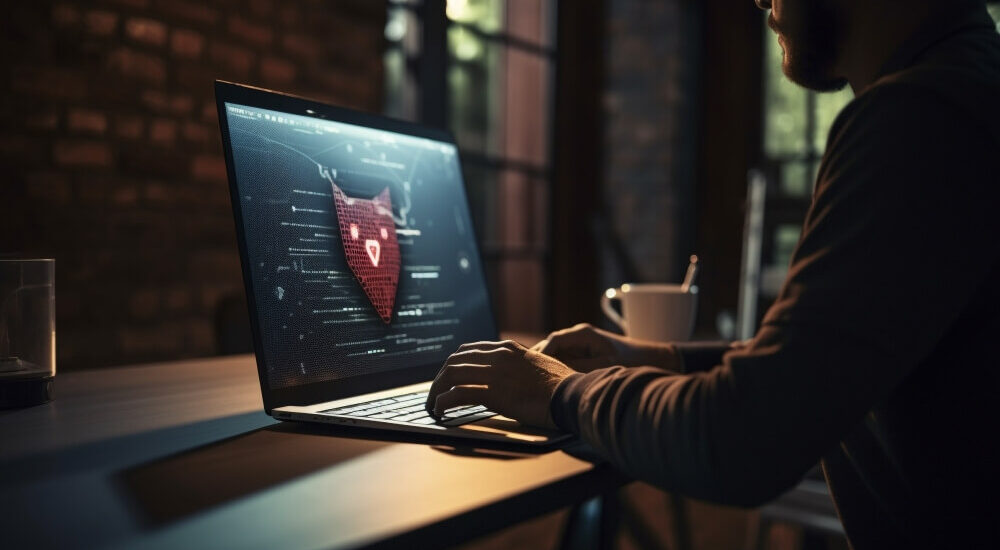Cybersecurity: The Importance of Protecting Your Data
- January 22, 2016
- Posted by: Admin
- Category: IT Industry

Cybersecurity: The Importance of Protecting Your Data
In today’s digital age, cybersecurity is more important than ever. With more and more of our personal and financial information stored online, we are all at risk of cyberattacks.
A cyberattack is any attempt to gain unauthorized access to a computer system or network. These attacks can be carried out by individuals, groups, or even nation-states. The goal of a cyberattack can vary, but it often involves stealing sensitive information, disrupting operations, or causing financial damage.
There are many different types of cyberattacks, including:
- Malware: This is software that is designed to harm a computer system. Malware can be spread through email attachments, malicious websites, or USB drives.
- Phishing: This is a type of social engineering attack that involves sending fraudulent emails that appear to be from a legitimate source. The goal of a phishing attack is to trick the recipient into clicking on a malicious link or providing sensitive information.
- Ransomware: This is a type of malware that encrypts a victim’s files and demands a ransom payment in order to decrypt them.
- DDoS attacks: These attacks involve flooding a website or server with so much traffic that it becomes unavailable.
- Zero-day attacks: These are attacks that exploit vulnerabilities in software that the software vendor is not aware of. Zero-day attacks are often very difficult to defend against because there is no patch available to fix the vulnerability.
- Data breaches: A data breach occurs when sensitive data is stolen from a computer system or network. This data can include personal information, financial data, or intellectual property.
Cyberattacks can have a significant impact on individuals and organizations. They can lead to financial losses, identity theft, and even physical harm.
There are a number of things that individuals and organizations can do to protect themselves from cyberattacks. These include:
- Keeping software up to date: Software updates often include security patches that can help to protect against known vulnerabilities.
- Using strong passwords: Passwords should be long, complex, and unique. They should also be changed regularly.
- Being careful about what links you click on: Only click on links in emails or on websites that you trust.
- Using a firewall and antivirus software: Firewalls and antivirus software can help to protect your computer from malware.
- Being aware of social engineering attacks: Don’t give out sensitive information in response to emails or phone calls from people you don’t know.
Cybersecurity is an important issue that everyone needs to be aware of. By taking steps to protect yourself, you can help to keep your data safe and secure.
Here are some additional tips for cybersecurity:
- Use two-factor authentication (2FA) whenever possible. This adds an extra layer of security by requiring you to enter a code from your phone in addition to your password.
- Be careful about what information you share online. Don’t post your social security number, credit card number, or other sensitive information on social media or other public websites.
- Back up your data regularly. This way, if your computer is hacked, you won’t lose all of your important files.
- Be aware of the latest cybersecurity threats. Read security blogs and articles to stay up-to-date on the latest threats so you can take steps to protect yourself.
